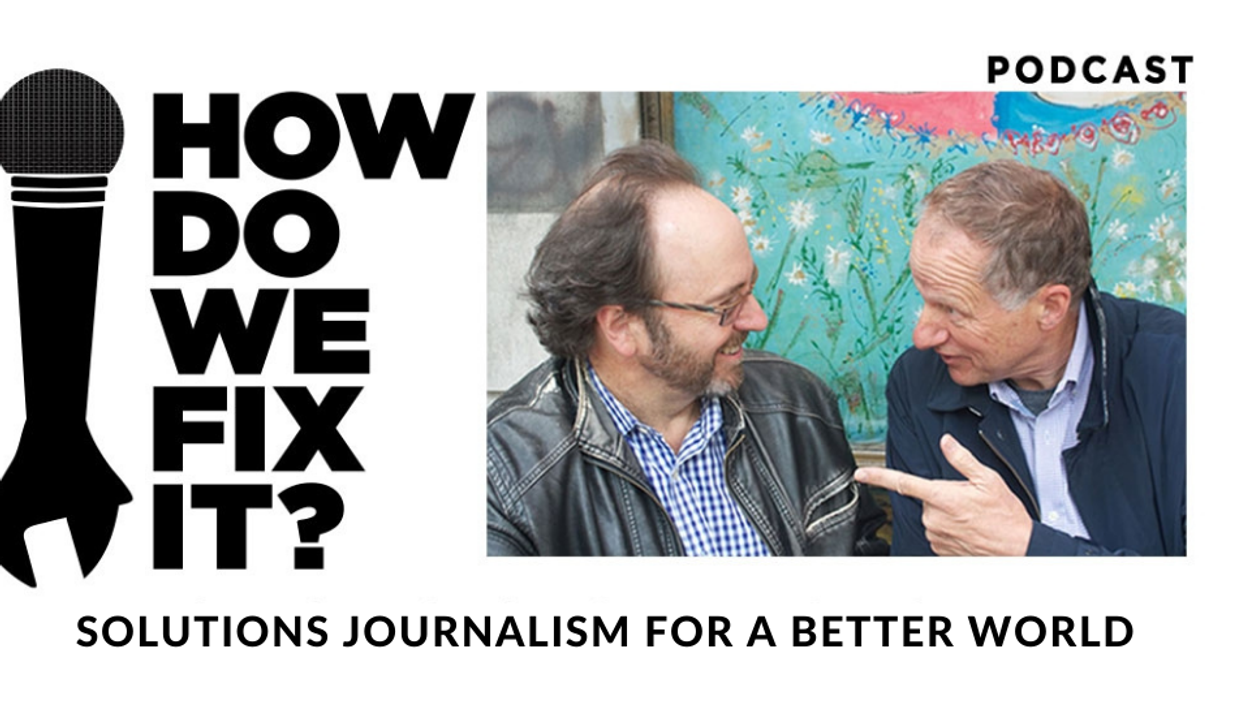"There is one and only one social responsibility of business," Nobel Prize-winning economist Milton Friedman famously declared more than 50 years ago. It is “to use its resources and engage in activities designed to increase profits so long as it.. engages in open and free competition without deception or fraud.”
Times have certainly changed, especially in the past two decades. Today, corporate leaders and brands know that they can't always follow Friedman's advice, and are expected to step forward and contribute to solving crises facing society. But there are often hazards in doing so. Walt Disney, Delta Airlines, and Larry Fink, Chairman, and CEO of BlackRock, have all faced harsh criticism for their public stands.
On this episode of "How do we Fix it," hosts discuss the hazards and opportunities for corporations and their leadership with the author, researcher, and facilitator Elizabeth Doty, Director of the Erb Institute's Corporate Political Responsibility at the University of Michigan. She suggests constructive ways for businesses to play a key role in countering hyperpartisanship and other divisions in society.
When Business Should Take a Stand. Elizabeth Doty
 When Business Should Take a Stand. Elizabeth Doty
When Business Should Take a Stand. Elizabeth Doty



















Trump & Hegseth gave Mark Kelly a huge 2028 gift